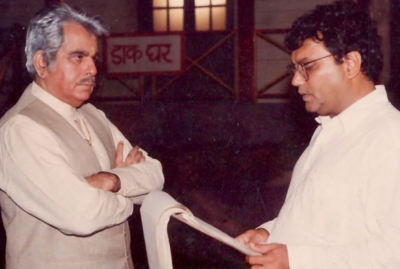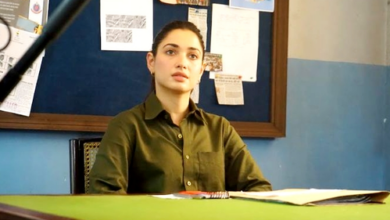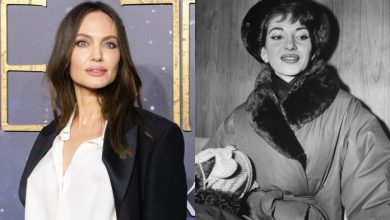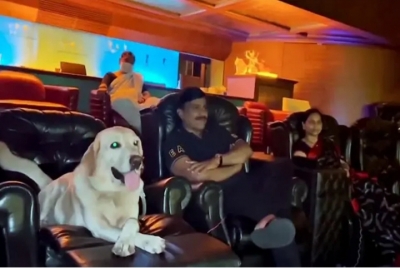Randeep, get your facts right: Actor’s claim runs up against factual history
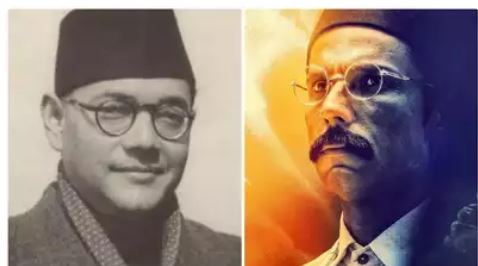
Mumbai, May 30: Randeep Hooda’s directorial debut, ‘Swatantrya Veer Savarkar’, has stirred a controversy, thanks to his claim that the freedom fighter and Hindutva’s ideologue was the inspiration behind Netaji Subhas Chandra Bose, Bhagat Singh and Khudiram Bose, the youngest martyr of the freedom struggle.
The first salvo was fired by Netaji’s grandnephew and on-again, off-again BJP politician, Chandra Kumar Bose, who warned Hooda in a tweet, “If you respect #Savarkar, please don’t distort history”, and then said in an interview with a news channels that his famous grand-uncle was inspired by two people: Swami Vivekananda and Deshbandhu Chittaranjan Das.
Interestingly, Chandra Kumar Bose ran an excerpt from a speech delivered by Netaji at Jhargram in West Bengal on May 12, 1940, which had a message that is more relevant than ever today.
Netaji had said: “By taking advantage of religion and desecrating it, the Hindu Mahasabha has entered the arena of politics. It is the duty of all Hindus to condemn it. … Banish these traitors from national life. Don’t listen to them.”
Veer (Vinayak Damodar) Savarkar, incidentally, was a Hindu Mahasabha leader.
Bhagat Singh, meanwhile, was a committed Marxist who had also read up Mikhail Bakunin, the founder of Anarchism.
On the day of his execution at the age of 23, he was reading German Marxist Clara Zetkin’s ‘Reminiscences of Lenin’. His revolutionary organisation was named the Hindustan Socialist Republican Army. The the only manifesto that he left behind for his followers after his life was snapped by the hangman’s noose, was titled ‘Why I Am an Atheist’.
And on the day he was being tried for bombing the Central Legislative Assembly, Bhagat Singh asked the magistrate to deliver a telegram drafted by him to the Third International. Addressed to Lenin, the Bolshevik leader of the Soviet Union, the telegram read:
“On Lenin Day we send hearty greetings to all who are doing something for carrying forward the ideas of the great Lenin. We wish success to the great experiment Russia is carrying out. We join our voice to that of the international working class movement. The proletariat will win. Capitalism will be defeated. Death to Imperialism.”
Coming to Khudiram Bose, he was barely 18 when he was hanged, along with his older associate Prafulla Chaki, for the assassination of the wife and daughter of the British magistrate, Douglas Kingsford, who was the real target of the bomb that led to their martyrdom.
Bose had nothing to do with Savarkar — he was barely in his teens when Sri Aurobindo and Sister Nivedita, Swami Vivekananda’s English associate, visited Medinipur, where he came from, and their speeches are said to have left an indelible imprint on the impressionable mind of the boy.
Later, he joined the revolutionary group, Anushilan Samiti, and was greatly influenced by its leader and the editor of the ‘Jugantar’ Bengali weekly, Barindra Kumar Ghosh, who was also Sri Aurobindo’s younger brother.
Savarkar, contrary to what Ranveer Hooda is propagating, had no role in the lives of these three freedom fighters who sacrificed their lives for the country.


